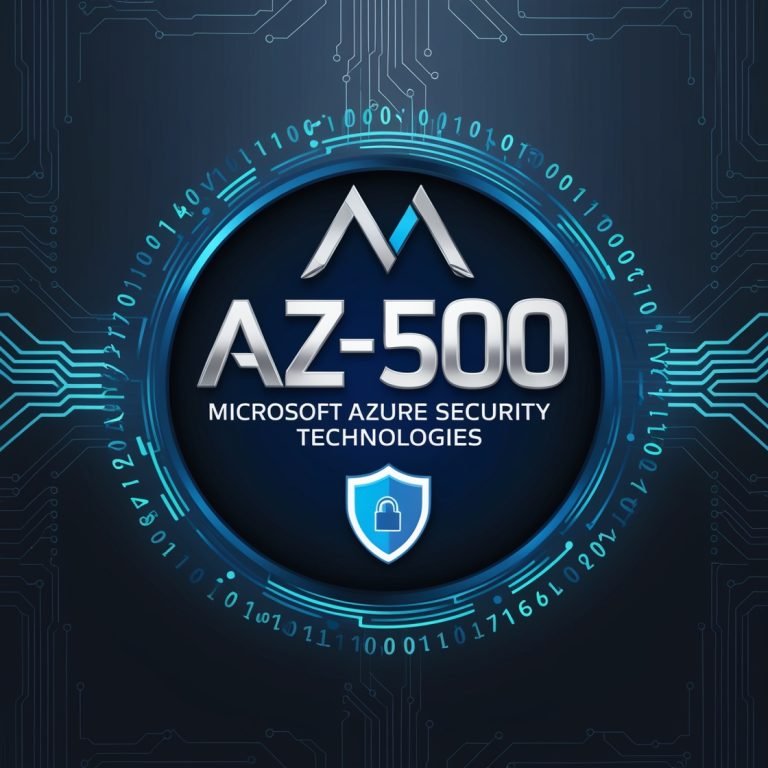CompTIA Security+ SY0-701
CompTIA Security
CompTIA Security+ SY0-701 Certification.


- Identify and Compare Threat Types:
- Explain Cryptographic Solutions:
- Implement Identity and Access Management:
- Secure Enterprise Network Architecture:
- Secure Cloud Network Architecture:

What to train your team? Get a quote
Fundamental Learnings
Training by Top Microsoft-Certified Trainers
1 Day of Live, Instructor-Led Sessions
Latest, Up-to-date Curriculum, Approved by Industry Experts
Access to a Digital Library of Learning Resources
Comprehensive Knowledge of Core Learnings
Blend of classroom sessions and hands-on training
Prerequisites for this Courese
Prerequisites and Eligibility
- Basic understanding of computer systems and network terminology.
- Familiarity with the functionality of common operating systems, such as Windows, macOS, or Linux.
- Knowledge of the fundamental principles of networking, including the OSI model, IP addressing, and common networking protocols.
- Some practical experience with network security concepts, such as firewalls, antivirus software, and intrusion detection systems.
- Awareness of key security concepts, such as confidentiality, integrity, and availability (CIA triad).
- Ideally, at least two years of experience in IT administration with a focus on security.
- CompTIA Network+ certification or equivalent knowledge is recommended but not mandatory.Basic understanding of computer systems and network terminology.
- Familiarity with the functionality of common operating systems, such as Windows, macOS, or Linux.
- Knowledge of the fundamental principles of networking, including the OSI model, IP addressing, and common networking protocols.
- Some practical experience with network security concepts, such as firewalls, antivirus software, and intrusion detection systems.
- Awareness of key security concepts, such as confidentiality, integrity, and availability (CIA triad).
- Ideally, at least two years of experience in IT administration with a focus on security.
- CompTIA Network+ certification or equivalent knowledge is recommended but not mandatory.

Things Included in the course learning
Course Curriculum
Things Included in the course learning
Our Learners Love Us

Recently attended the Scrum Master course. The instructor demonstrated profound knowledge of Agile methodologies and Scrum in particular. Comprehensive course materials, including slides, workbooks, and supplementary readings, have become invaluable resources that I frequently reference in my daily role.

This is an amazing training ecosystem. They had assigned individual relationship managers who not only did the tactical things of reminding of sessions etc, but they also connected me with people who were experts for career guidance. This is the best example of customer delight - you not just engage clients but delight them! Highly recommended for Agile related courses.

I did a PSM-1course from One iTech and it was truly an enriching experience. The trainer was very good and has full expertise on the subject. He was quite interactive and engaging, always ensured everyone understood the concepts and fundamentals of Scrum Agile. He kept revising and recapping all important concepts throughout the session during these two days.

One iTech is very professional in handling entire process. They make sure all the support is provided during training and afterwards. I have done 2 courses with them and both times it was a great experience. The workshop was a well-organized event. The trainer was an expert which made it a valuable training.

What will I learn in this course
Output of this Course
- Understand Fundamental Security Concepts:
- Grasp the basic principles of confidentiality, integrity, and availability (CIA).
- Recognize the importance of security controls and risk management.
- Identify and Compare Threat Types:
- Differentiate between various forms of malware, attacks, and threat actors.
- Analyze potential impacts of threats on organizational security.
- Explain Cryptographic Solutions:
- Understand the purpose and mechanics of cryptographic algorithms.
- Apply cryptographic techniques to secure organizational data.
- Implement Identity and Access Management:
- Manage access control models and authentication mechanisms.
- Implement identity management solutions and secure account management practices.
- Secure Enterprise Network Architecture:
- Design and enforce security policies on network infrastructure.
- Utilize network segmentation, firewalls, and VPNs to enhance security.
- Secure Cloud Network Architecture:
- Apply security concepts in cloud environments.
- Understand cloud service models and their respective security implications.
- Explain Resiliency and Site Security Concepts:
- Develop strategies for organizational resilience and business continuity.
- Understand physical security controls and environmental protections.
- Explain Vulnerability Management:
- Conduct vulnerability scans and effectively manage identified risks.
- Prioritize remediation actions based on vulnerability assessments.
- Evaluate Network Security Capabilities:
- Assess the effectiveness of network security tools and protocols.
- Implement advanced network security solutions to combat threats.
- Assess Endpoint Security Capabilities:
- Secure various endpoints against exploitation and data loss.
- Implement endpoint detection and response solutions.
- Enhance Application Security Capabilities:
- Apply secure coding practices and assess application security posture.
- Utilize application security frameworks and automated tools.
- Explain Incident Response and Monitoring Concepts:
- Develop and execute incident response plans.
- Monitor networks and systems for security breaches and anomalies.
- Analyze Indicators of Malicious Activity:
- Identify and analyze signs of security incidents.
- Utilize threat intelligence and indicators of compromise (IoCs) to detect malicious behavior.
- Summarize Security Governance Concepts:
- Understand the role of policies, standards, and procedures in security governance.
- Comprehend the importance of compliance and ethical considerations.
- Explain Risk Management Processes:
- Apply risk assessment methodologies to identify and mitigate risks.
- Integrate risk management into business processes.
- Summarize Data Protection and Compliance Concepts:
- Protect sensitive data through data privacy and security best practices.
- Understand regulatory requirements and compliance standards affecting data security.
Who Should Enroll Now Azure AI Fundamentals Course
Who is this course for
- IT Security Specialists
- Network Administrators
- Security Consultants
- Security Engineers
- Systems Administrators
- IT Auditors
- Cybersecurity Analysts
- Help Desk Technicians aiming to advance in security roles
- Information Assurance Professionals
- Risk or Compliance Analysts
- Security System Installers and Integrators
- IT Professionals seeking to transition to security-focused positions
- Students pursuing a career in IT security
- Military and government personnel requiring security certifications
- Professionals preparing for the CompTIA Security+ certification exam

No Post Found







